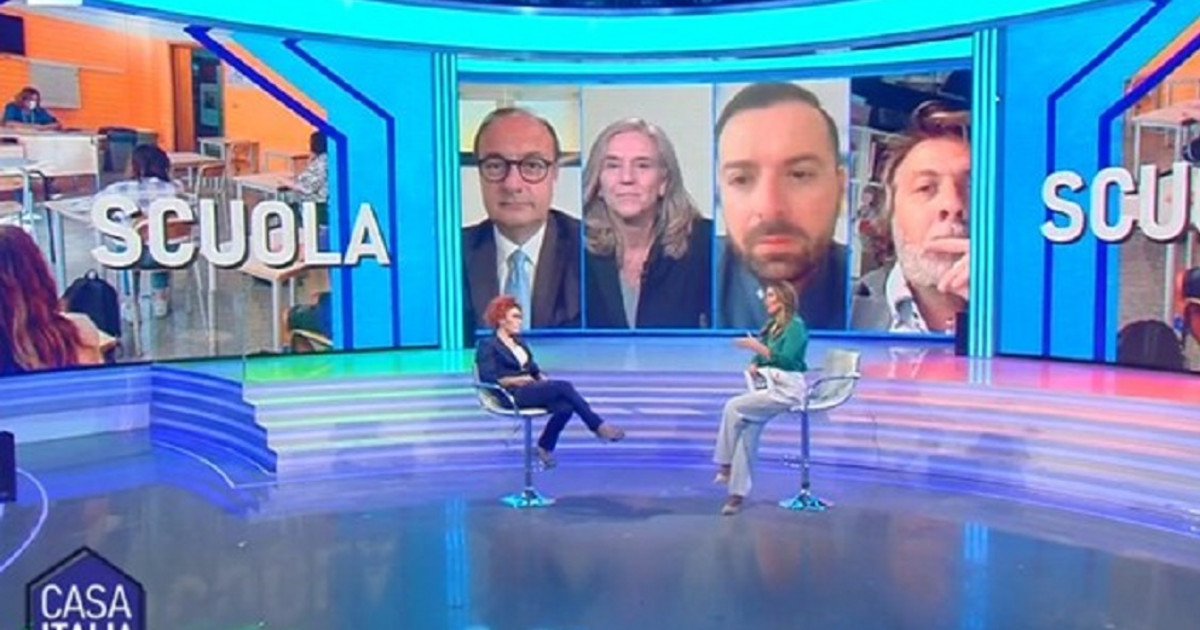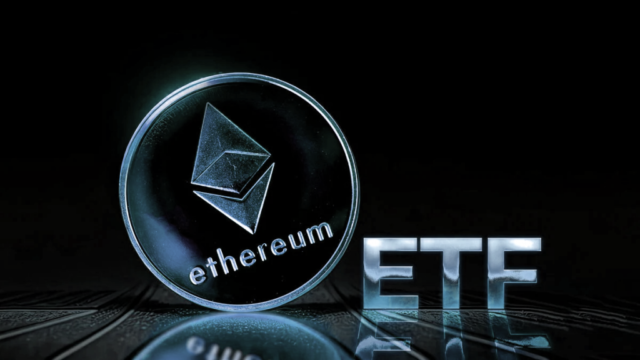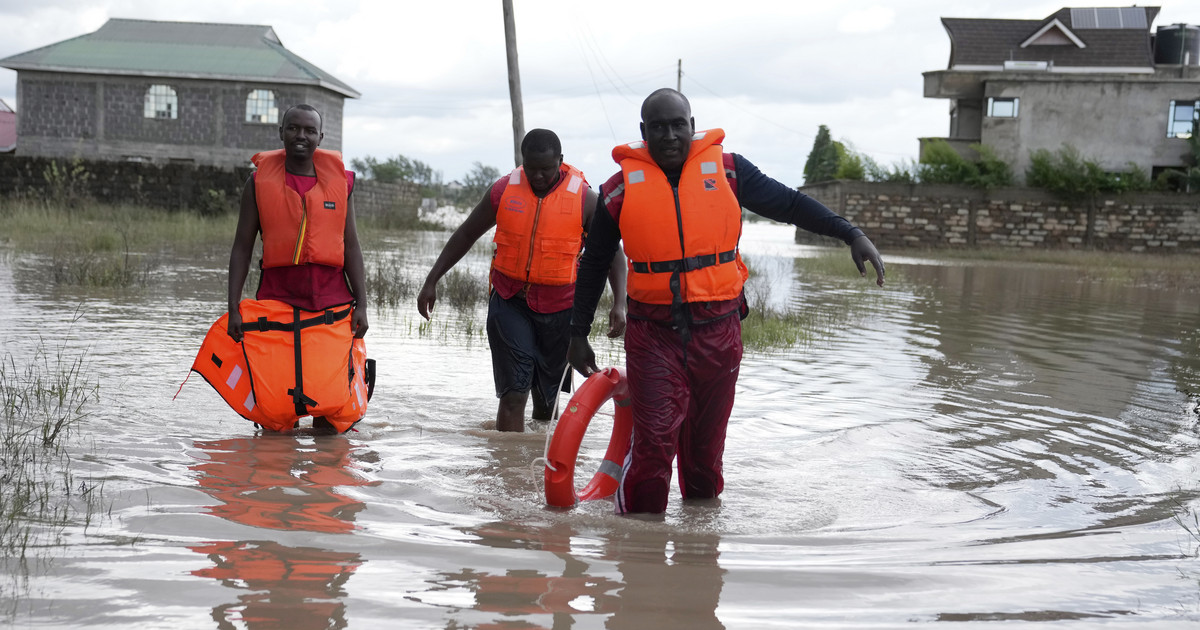“Act decisively, be realistic.” With these words, the Federal Minister of Foreign Affairs Annalena Baerbock (Greens) expressed the guidelines of the federal government in the Bundestag, but also of her own parliamentary group. With two abstentions, the Greens approved the proposal for the supply of heavy weapons to Ukraine, according to Handelsblatt.
And for the party, the issue is clear: “Putin and his army must not be allowed to win this war, which began in 2014 and has already claimed the lives of more than 13,000 Ukrainians in recent years.” This is stated in the proposal of the party leadership, which will be discussed today at the federal council of the Greens in Düsseldorf.
There, the party leadership wants to make up for what has been neglected so far: it wants to lay the groundwork to realize the hitherto unthinkable upheavals that the Greens not only support in government, but also strongly demand.
The outbreak of war took the party by surprise, which has become accustomed to grassroots democratic processes. So far, there has been no time for party conferences or member votes. Now the goal is to rally the base with a large majority in favor of moving behind the trail.
“As the ruling party, we take responsibility,” the proposal continues. The Greens are therefore in favor of “continuing and, where possible, speeding up the delivery of the necessary equipment to Ukraine”, including heavy weapons. It is important to “strengthen Ukraine’s defense capabilities over the coming months.
Before the war in Ukraine, the principle in Germany was not to deliver weapons to crisis areas. For the Greens, who are entrenched in the peace movement, this was certainly true. Which congress of the Greens would have supported this policy just a few years ago? But that’s exactly what can be expected today.
There is a minimal opposite “wind”. In 1999, former Foreign Minister Joska Fischer had to tolerate being called a warlord because of the Bundeswehr’s mission in Kosovo. At a party congress, members threw a bag of paint.
More than twenty years later, there is no clear disagreement about the right course. Instead. The Greens are stepping up politics in Ukraine and, together with the FDP, are pushing the SPD – and they believe they have a base behind them.
Headlines in the media that the Greens are now having a painful date with reality are not accepted by top Greens such as ministers Robert Habeck and Annalena Baerbock as well as party leaders Ricarda Lang and Omid Nouripour. The Greens have long since reached reality, as they want to say.
The image of a pacifist ecological party is increasingly being displaced by pragmatic realist politics. “We are acting in situations where the world has changed completely, so we wonder: what is the responsibility to the people in our country, but also to our European friends and neighbors and to the civilian population?” The former leader recently told the Bundestag. “If we have a chance to prevent a genocide, then we will do everything we can to do it, even if it was not on the Greens’ agenda before.”
Day-to-day governance requires unpopular decisions
In fact, the party has been preparing its members for years for the fact that the day-to-day running of the government may require unpopular decisions. The speed limit was such a compromise.
In the election campaign they were in favor of the speed limit, but in the coalition negotiations they could not succeed. The fuel cut, which is generously provided for in the relief package, was another concession that the ruling Greens forced their base to make.
At least in the heavy weapons debate, however, the party is mostly united. 72% of Greens voted in favor of a poll a few days ago – more than any other German party.
The most vocal supporter in recent weeks was, of all people, the former leftist Anton Hofreiter, who did not shy away from criticizing the hesitant course of Chancellor Olaf Scholz (SPD). Not all Greens liked that.
Especially in the party leadership, there is a lack of understanding of the “self-proclaimed Tony”. But there is also a little enthusiasm in the parliamentary group. The government is doing a good job – and criticizing it in this way to stand out is causing unnecessary anger in the population, they say.
In essence, however, Hofreiter did not demand anything other than Lang, Nouripour, Baerbock and Habeck. The international peace order is in danger of an aggressive war against Ukraine. Her defense also requires the use of weapons, they said unanimously.
“We are in solidarity with Ukraine,” Baerbock said on Wednesday. Under international law, this is not an entry into war, as it upholds Ukraine’s right to self-defense, which is enshrined in the Charter of the United Nations.
The limits of military enthusiasm
The military enthusiasm of the Greens, however, has its limits, as shown in the discussion on the special fund of 100 billion euros for the Bundeswehr. The party leadership proposal states: “We support the € 100 billion special fund to strengthen Germany’s allied and defense capabilities.”
For the Greens, however, this includes rapidly reviewing and reforming the Bundeswehr’s procurement system, deepening European co-operation, including on procurement and co-operation in the field of armaments, and identifying the necessary military expenditure on a case-by-case basis.
The manner in which additional military expenditure can be reconciled with the new situation must also be clarified by the Council of the L .nder. Finally, during the election campaign, the party continued to campaign for disarmament instead of rearmament.
The Green Youth demanded the rejection of the planned special fund. “We think it’s the wrong way to suggest security with big rounds instead of talking about real needs,” National Youth Green spokesman Timon Dzienus told the Rheinische Post. He demanded that the procurement system be reformed and that the necessary military spending be determined on the basis of needs “before additional funds flow into the Bundeswehr”.
The Greens continue to reject the NATO quota of 2% of gross domestic product for defense spending, as promised by previous governments. Fixed quotas that do not meet the Bundeswehr’s needs, a lack of efficient procurement structures and very little European cooperation do not mean more security, they say.
The question remains to what extent the Greens will be able to give the fight against global warming the necessary political attention alongside all issues of civil defense and security, without their supporters feeling betrayed.
Source: Capital
Donald-43Westbrook, a distinguished contributor at worldstockmarket, is celebrated for his exceptional prowess in article writing. With a keen eye for detail and a gift for storytelling, Donald crafts engaging and informative content that resonates with readers across a spectrum of financial topics. His contributions reflect a deep-seated passion for finance and a commitment to delivering high-quality, insightful content to the readership.






